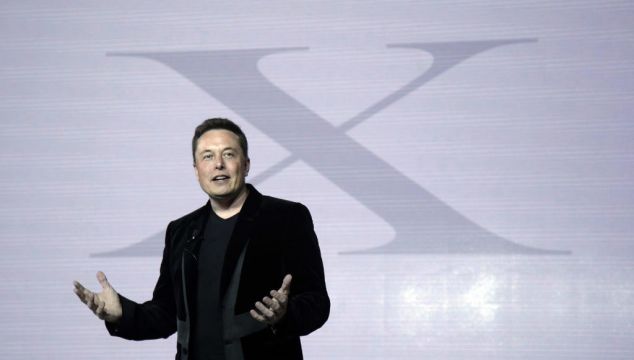X, the social media platform formerly known as Twitter, has sued a group of researchers, alleging their work highlighting an increase in hate speech on the platform cost the company millions of dollars of advertising revenue.
The suit, filed late on Monday night in US District Court in California, accuses the nonprofit Centre for Countering Digital Hate of violating X’s terms of service by improperly collecting a vast amount of data for its analysis.
The suit also alleges, without offering evidence, that the organisation is funded by foreign governments and media companies who view X as competition.
The legal fight between the tech company, which was acquired by Elon Musk last year, and the centre could have significant implications for a growing number of researchers and advocacy groups that seek to help the public understand how social media is shaping society and culture.
With offices in the US and UK, the centre regularly publishes reports on hate speech, extremism and harmful behavior on social media platforms such as X, TikTok or Facebook.
The organisation has published several reports critical of Musk’s leadership, detailing an increase in anti-LGBTQ+ hate speech as well as climate misinformation since his purchase.
In its lawsuit, X alleges the centre violated its terms of service by automatically scraping large amounts of data from the site without the company’s permission.
X also claims the centre improperly accessed internal Twitter data, using log-on credentials it obtained from an employee at a separate company that has a business relationship with X.
Without naming any individuals or companies, the suit says the centre receives funding from foreign governments as well as organisations with ties to “legacy media organisations” that see X as a rival.
The suit claims the centre’s work has cost X tens of millions of dollars in lost ad revenue.
In response to the legal action, Imran Ahmed, the centre’s founder and chief executive, defended its work and accused Mr Musk of using the lawsuit to silence criticism of his leadership, as well as research into the role X plays in spreading misinformation and hate speech.
“Musk is trying to ‘shoot the messenger’ who highlights the toxic content on his platform rather than deal with the toxic environment he’s created,” Mr Ahmed said.

The centre’s 2021 tax forms show it took in $1.4 million in revenue. A review of major donors shows several large charities, including the National Philanthropic Trust in the US and the Oak Foundation and Joseph Rowntree Charitable Trust in the UK.
A spokesman for the group said the centre receives no funding from any government entities or tech companies that could be considered competitors to X. The identities of other donors is not revealed in public documents, and the centre declined to provide a list.
Mr Musk is a self-professed free speech absolutist who has welcomed back white supremacists and election deniers to the platform, which he renamed X last month.
He initially had promised that he would allow any speech on his platform that wasn’t illegal. “I hope that even my worst critics remain on Twitter, because that is what free speech means,” Mr Musk wrote in a tweet last year.
Nevertheless, the billionaire has at times proven sensitive about critical speech directed at him or his companies. Last year, he suspended the accounts of several journalists who covered his takeover of Twitter.







